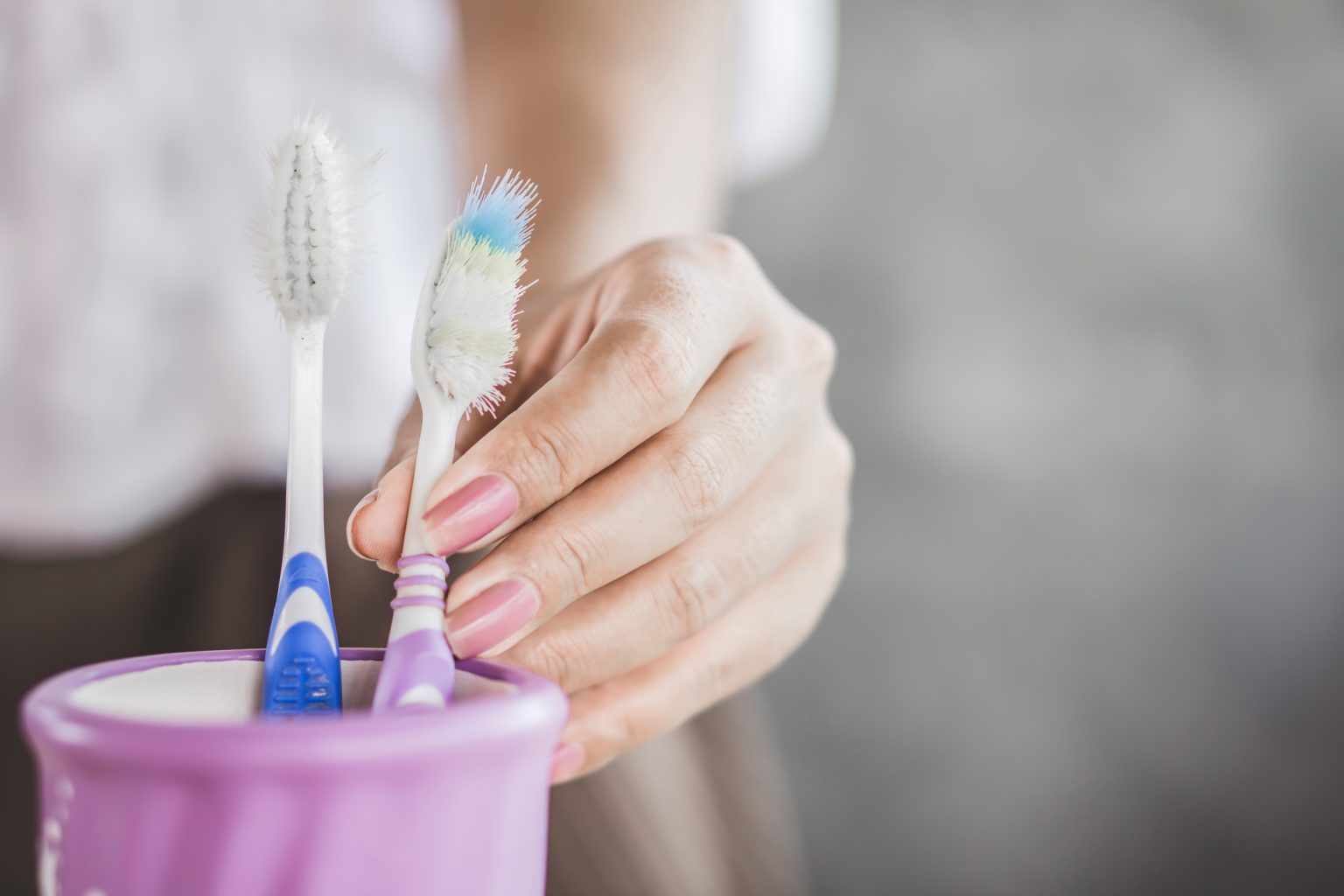Researchers have discovered a diverse array of bacteria-infecting viruses, known as bacteriophage, on toothbrushes and showerheads in a recent study published in Frontiers in Microbiomes. These viruses have the potential to be used in biotechnology and medical applications, such as developing new antibiotics. The study found a high level of phage diversity on these bathroom surfaces, indicating the presence of many unknown species waiting to be discovered. While the researchers do not believe there is cause for concern or a need for increased cleaning, they are excited about the potential applications of these viruses.
The study, led by Erica Hartmann from Northwestern University, is part of a larger effort to explore the microbes living in indoor environments. Microbes thrive in moist environments like showerheads and on toothbrushes where water is present. Hartmann suggests that instead of trying to eliminate all microbes from our surroundings, it is important to work with them to maintain a balanced ecosystem. This approach may prevent the development of superbugs, which could become a larger problem if we go overboard with disinfection. Hartmann recommends simple maintenance routines, such as regularly replacing toothbrushes and cleaning showerheads with vinegar to remove calcium buildup.
Previous research by Hartmann and colleagues at the University of Colorado at Boulder has also explored the bacteria living on bathroom surfaces. The researchers are intrigued by the potential uses of these phage viruses, such as killing disease-causing bacteria in plumbing systems and waterways. By studying and documenting the diversity of phage, researchers aim to expand their understanding of biology and potentially develop new technologies. Overall, this research highlights the importance of observing and learning about the microbes that surround us to make informed decisions about hygiene practices and potentially discover new scientific breakthroughs.
The study did not find any specific risk factors associated with the presence of bacteria-infecting viruses on toothbrushes and showerheads. Hartmann emphasizes that the majority of microbes we encounter are not harmful and may even be beneficial to our health. It is important to approach the microbial world with curiosity and learn from the organisms that coexist with us in our homes. By understanding the role of these microbes in our environment, we can make better decisions about how to maintain hygiene and potentially uncover revolutionary discoveries in the field of microbiology.
Taking a proactive approach to understanding the biodiversity in our bathrooms can lead to exciting scientific advancements. Researchers are eager to explore the potential applications of the phage viruses found on toothbrushes and showerheads for biotechnology and medical purposes. By staying curious and working with the microbes that surround us, we can make informed decisions about hygiene practices and potentially contribute to groundbreaking discoveries in the field of microbiology. This research underscores the importance of studying the diverse microbial populations in our indoor environments and the potential benefits that can arise from these investigations.








